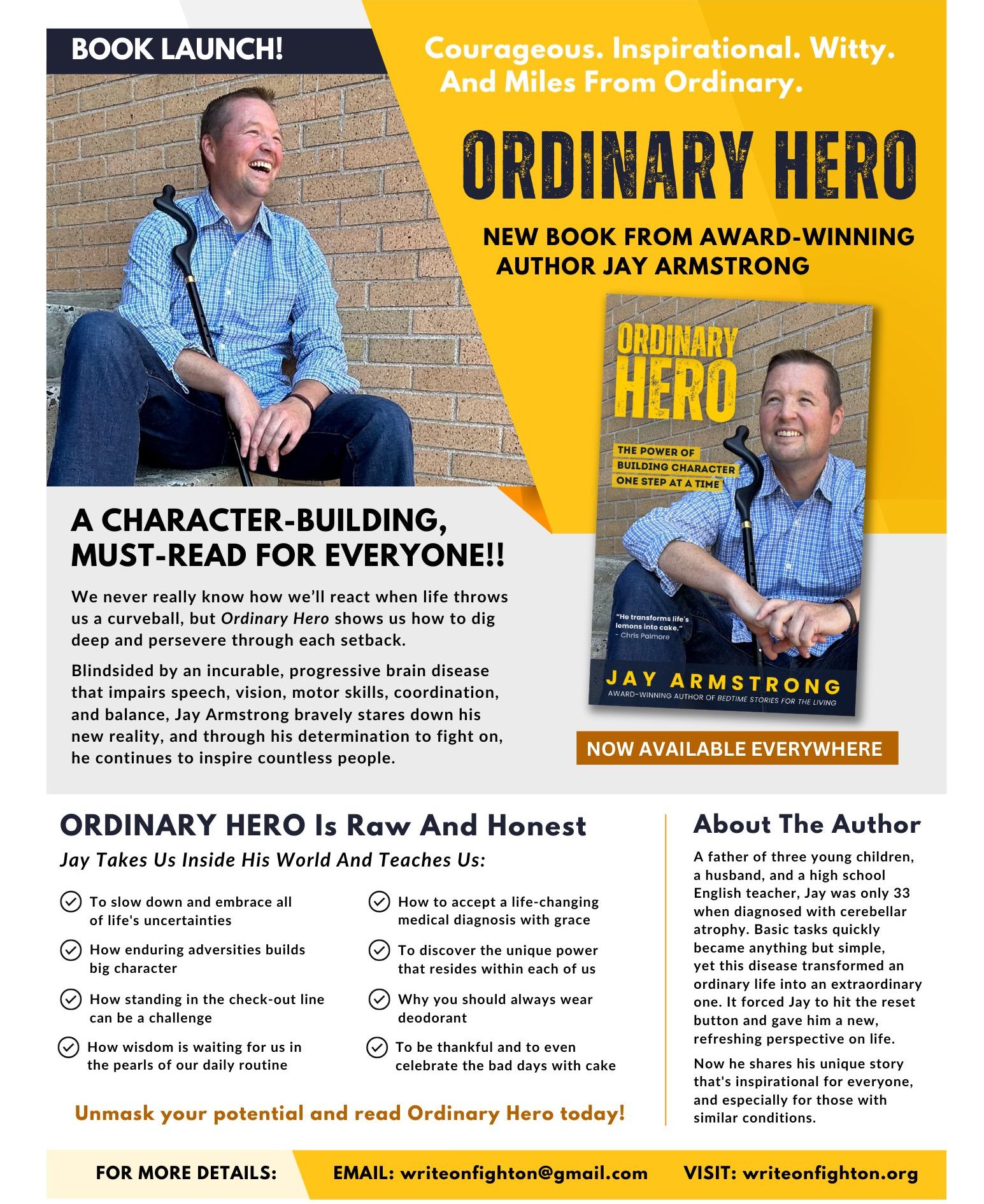Who are you?
My identity crisis began when I was 4 or 5 years old. Sitting on our Philadelphia row house living room floor, a record player spinning between Dad and I as Roger Daltrey, lead singer of The Who incessantly asks us,”Who are you?’
35 years later, at the end of today’s speech therapy session, I ask Jodie,”Do you think I’ll ever be able to return to the classroom for, let’s say, 6 hours a day, and be a teacher again?”
Since my initial diagnosis, 7 years ago, my voice has been mercifully spared. However, a change occurred in the summer of 2020, when I prerecorded videos for a writer’s camp. When I listened to those videos, I didn’t like what I heard. The slurs, the gargled and rushed words, the random changes in pitch. They were subtle and I should have been proactive then. But we both know avoidance is easy. Plus, it was summer, and I had a tan to work on.
Currently, I can articulate one-syllable words with some grace. But when I want to show off my $100,000 education and say words like verisimilitude or consecration or dissemination, I struggle. I now have to think about if I really want to say big, pretentious words before I say them–which, if I want people to continue to like me, maybe a good thing.
Jodie leans back in her chair, straightens her round, wire-rimmed glasses, and takes a deep breath.
As she forms a response, I realize my question about being a teacher again underscores a bigger issue. An issue that has been growing for 7 years.
I’m having a mid-life identity crisis.
In the past few days, I’ve balked at invitations to do some virtual speaking. A podcast. A writing workshop. Lead a movement disorder support meeting. Speaking–whether I was teaching, coaching, hosting a writing workshop, or performing pedestrian stand-up comedy–is something I always loved. It was a thrill for me. For my ego. To earn the crowd’s attention, to spark their imagination, to receive their adoration like the rock god I pretend to be.
Jodie clears her throat, “Look, your brain atrophy has definitely affected your speech. And you probably won’t be able to teach for 6 hours-a-day like before. You simply don’t have the stamina. But that doesn’t mean you should stop teaching altogether. You need to overcome your fear. You need to adapt.”
Call me naïve, but I thought we reserved an identity crisis’ for the moody teenagers. Yet we– adult men, adult women, sick, healthy, young, old, insecure and confident–are all out here trying to understand who we are. Who are you?— is not just a catchy rock song refrain. Who are you?–is a primal, mysterious, and fundamental question that our life constantly asks us.
We must also realize an identity crisis, instigated by age or choice or circumstance, is not always a bad thing. Yes, it’s a crisis. And yes, it may hurt. But losing an identity and discovering a new one allows us to grow, broaden perspectives, and welcome new possibilities.
When I return from speech therapy, I fall into my recliner, open my laptop, open YouTube and type “who are you by the who” in the search bar. The drums and bass guitar explode in my living room just like they did 35 years ago. The kid inside me smiles and bobs his head.
Who are you?
I really want to know.
Be well,
Jay
If you like this post, you may also like:
A letter to my son about his dreams
~
Speech Therapy
~
I laughed so hard my tooth fell out
~
Scars
~
Dad, it’s your turn to read
~
The Get Up
Need some encouragement? Some perspective? This hardworking, almost-handsome, suburban soccer dad can help. Subscribe and, like a pizza, get my posts delivered to your door (your email inbox). No spam. Just posts.




